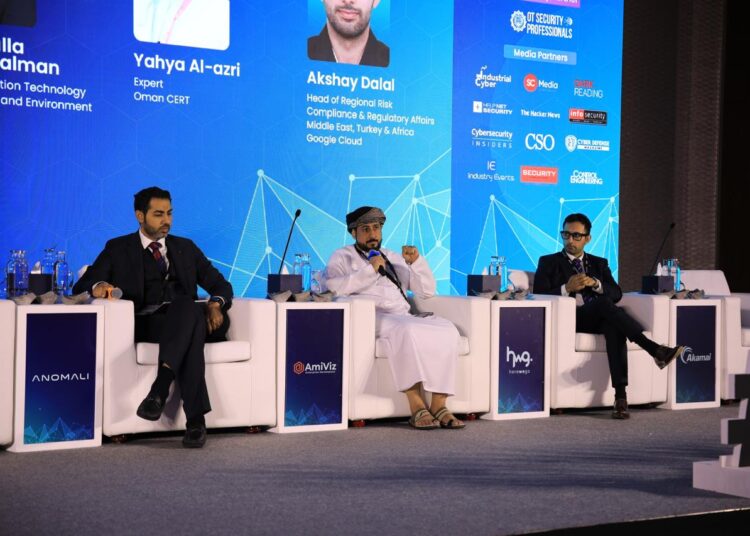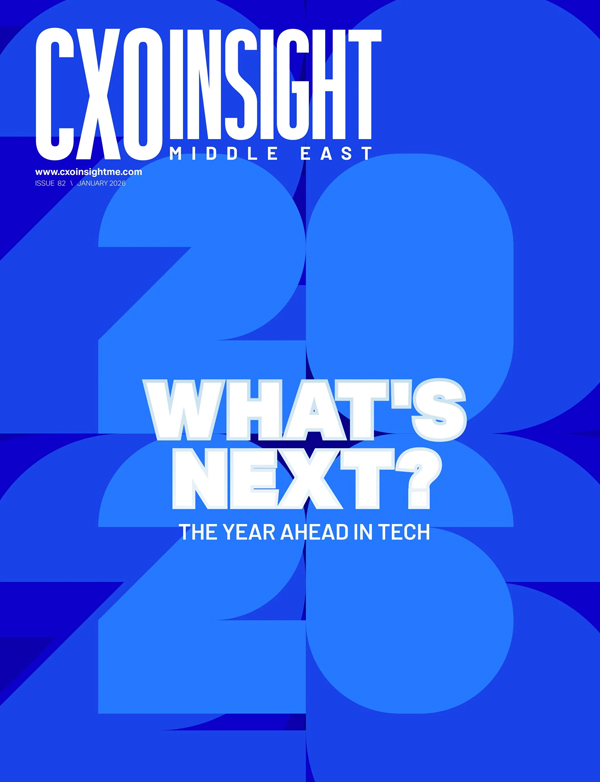As part of the annual Internet Governance Forum (IGF) 2024, held in Riyadh, Saudi Arabia, from December 15 to 19, Kaspersky presented its guidelines for the secure development and deployment of artificial intelligence (AI) systems. The document aims to help organisations avoid risks associated with the adoption of AI technologies by providing cybersecurity requirements that should be considered when implementing these systems. The guidelines address the pressing need for robust security frameworks as AI becomes integral to industries worldwide.
The “Guidelines for Secure Development and Deployment of AI Systems” were presented on December 18th at the IGF workshop titled “Cybersecurity in AI: Balancing Innovation and Risks”. Kaspersky representatives arranged a panel of experts to explore how innovation in AI can be harmonised with effective risk and cybersecurity management. The document was developed in collaboration with leading academic experts, to address the increasing complexity of cybersecurity challenges associated with AI-enabled systems.
The document is a critical resource for developers, administrators, and AI DevOps teams, and provides detailed, practical advice to address technical gaps and operational risks. The guidelines are particularly crucial for organisations relying on third-party AI models and cloud-based systems, where vulnerabilities can lead to significant data breaches and reputational damage.
By embedding security-by-design principles, the guidelines help organisations align AI deployment with standards like ESG, for example, and international compliance requirements. The paper addresses key aspects of developing, deploying and operating AI systems, including design, security best practices and integration, without focusing on foundational model development.
Kaspersky’s guidelines emphasise the following principles to enhance the security of AI systems:
1. Cybersecurity awareness and training
Kaspersky highlights the importance of leadership support, and specialised employee training. Employees must be aware of the methods used by malicious actors to exploit AI services. Regular updates to training programs ensure alignment with evolving threats.
2. Threat modelling and risk assessment
The guidelines stress the need to proactively identify and mitigate risks by means of threat modeling that helps pinpoint vulnerabilities early in AI development. Kaspersky suggests using established risk assessment methodologies (e.g., STRIDE, OWASP) to evaluate AI-specific threats including model misuse, data poisoning, and system weaknesses.
3. Infrastructure security (Cloud)
AI systems, often deployed in cloud environments, require stringent protections such as encryption, network segmentation, and two-factor authentication. Kaspersky emphasises zero-trust principles, secure communication channels, and regular infrastructure patching to guard against breaches.
4. Supply chain and data security
Kaspersky underscores the risks posed by third-party AI components and models, including data leaks and the misuse of obtained information for resale. In this regard, privacy policies and security practices for third-party services, such as the use of safetensors and security audits, must be strictly applied.
5. Testing and validation
The continuous validation of AI models ensures reliability. Kaspersky promotes performance monitoring and vulnerability reporting to detect issues from input data drift or adversarial attacks. Proper partitioning of datasets and assessing model decision-making logic are essential to mitigate risks.
6. Defence from ML-specific attacks
The guidelines stress the need to protect AI components against ML-specific attacks, including adversarial inputs, data poisoning, and prompt injection attacks. Measures like incorporating adversarial examples into the training dataset, anomaly detection systems, and distillation techniques improve model robustness against manipulation.
7. Regular security updates and maintenance
Kaspersky emphasises the frequent patching of AI libraries and frameworks to address emerging vulnerabilities. Participation in bug bounty programs and lifecycle management for cloud-based AI models can additionally enhance system resilience.
8. Compliance with international standards
Adherence to global regulations (e.g., GDPR, EU AI Act) and best practices, as well as auditing AI systems for legal compliance help organisations align with ethical and data privacy requirements, fostering trust and transparency.
The guidelines underline the importance of implementing AI systems responsibly to avoid significant cybersecurity risks, making them a critical resource for businesses and governments alike.
Yuliya Shlychkova, Vice President of Public Affairs at Kaspersky, comments: “With the growing adoption of AI, ensuring its security is not optional but essential. At IGF 2024, we’re contributing to a multi-stakeholder dialogue to define standards that will safeguard innovation and help fight emerging cyberthreats”.
As AI continues to be integrated into critical sectors such as healthcare, finance, and government, Kaspersky’s “Guidelines for Secure Development and Deployment of AI Systems” provide the foundation for safe and ethical AI usage.
You can learn more about Kaspersky guidelines for secure AI development at the website.










Discussion about this post